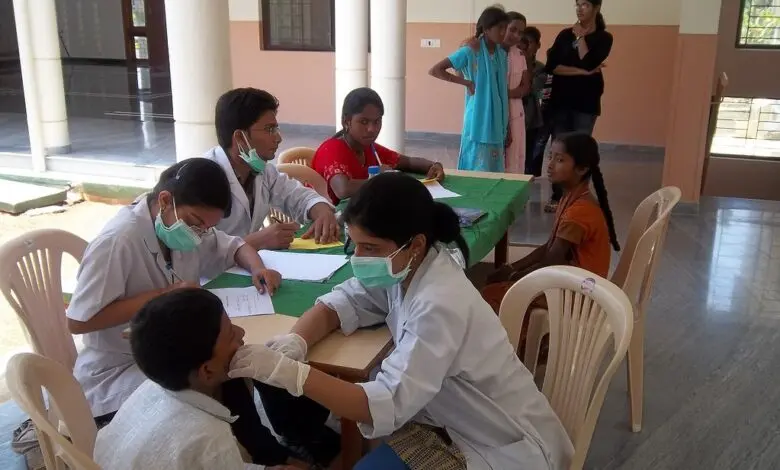Importance and Proactive Measures of Regular Health Screening

Regular health screening is a proactive measure that helps detect potential health issues before symptoms occur. It allows timely intervention and better management of health conditions. Individuals who incorporate routine tests into their personal health care regimen can live better lives and greatly reduce their risk of chronic diseases.
Significance of Regular Health Screening
Health screening involves various tests, exams, scans, and other assessment checks to identify diseases or conditions before the onset of symptoms. Preventive healthcare identifies early warning signs of illness, which enables healthcare providers to suggest treatment or lifestyle changes. Screenings can be considered a precautionary step, but their impact on long-term health can be life-saving.
Many serious ailments such as heart disease, cancer, diabetes, and hypertension develop silently. By the time the symptoms occur, these diseases reach their advanced stages and cannot be cured easily. Regular health screening will detect these diseases at an early stage, providing a sense of relief and improving the chances of successful treatment.
Common Health Screenings
There are different categories of health screening, each targeting various aspects of health. Depending upon demographics, age, gender, and family history, a healthcare specialist may recommend screening procedures at various intervals. The most common screenings suggested are as follows:
- Blood Pressure—Detecting high blood pressure at an early stage allows patients to opt for lifestyle changes or medication to control cardiovascular risk.
- Cholesterol – Monitoring cholesterol levels can help an individual incorporate dietary or medical interventions to maintain heart health.
- Blood Glucose Testing – These tests detect prediabetes and diabetes, allowing for lifestyle changes to prevent complications.
- Eye and Dental Exams – These are essential to detect vision issues and prevent diseases like glaucoma and macular degeneration.
- Body Mass Index (BMI) and Obesity Screening – The index helps an individual to understand weight-related health risks and encourages healthier habits.
- Bone Density Tests – It helps to establish bone strength and detect osteoporosis early, allowing for treatments to prevent fractures and maintain bone health.
- Cancer Screenings – Identifies abnormal growths or precancerous conditions early, leading to prompt treatment and better outcomes.
Family History in Health Screenings
Family history can significantly influence screenings for conditions like heart disease, diabetes, and cancers. As these diseases are often inherited, a family history of such diseases can be detected at an early onset. Healthcare providers may recommend earlier or more frequent screenings for those with a strong family history, such as those with colorectal or breast cancer.
Preventive Care and Lifestyle Changes
Health screenings are crucial for preventive healthcare but are most effective when combined with a healthy lifestyle. Regular health screenings can help healthcare providers guide patients regarding lifestyle changes like maintaining a heart-healthy diet, increasing physical activities, and effectively managing stress. Preventive care and regular health checkups can also serve as a wake-up call for health concerns.
Overcoming the Barriers to Health Screenings
Many people avoid health screenings due to fear of results, lack of awareness, busy schedules, and cost concerns. However, it’s important to understand that early detection is crucial for successful treatment and improved outcomes. Overcoming these barriers is a sign of determination and a step towards taking control of your health.
Educational initiatives provided by healthcare facilities can raise awareness about recommended screenings. Convenient scheduling options in the facilities, combined with cost-effective screening plans, can help individuals prioritize health checkups.
Regular health screenings are crucial for a long, healthy life. They help detect potential health issues early, enabling informed decisions, disease prevention, and improved quality of life. Everyone can take charge of their health by knowing the value of frequent tests and overcoming barriers for participating in regular health screening regimen.
Apart from this, if you are interested to know more about Get Rid Of Uterine Fibroids then visit our Health category.





